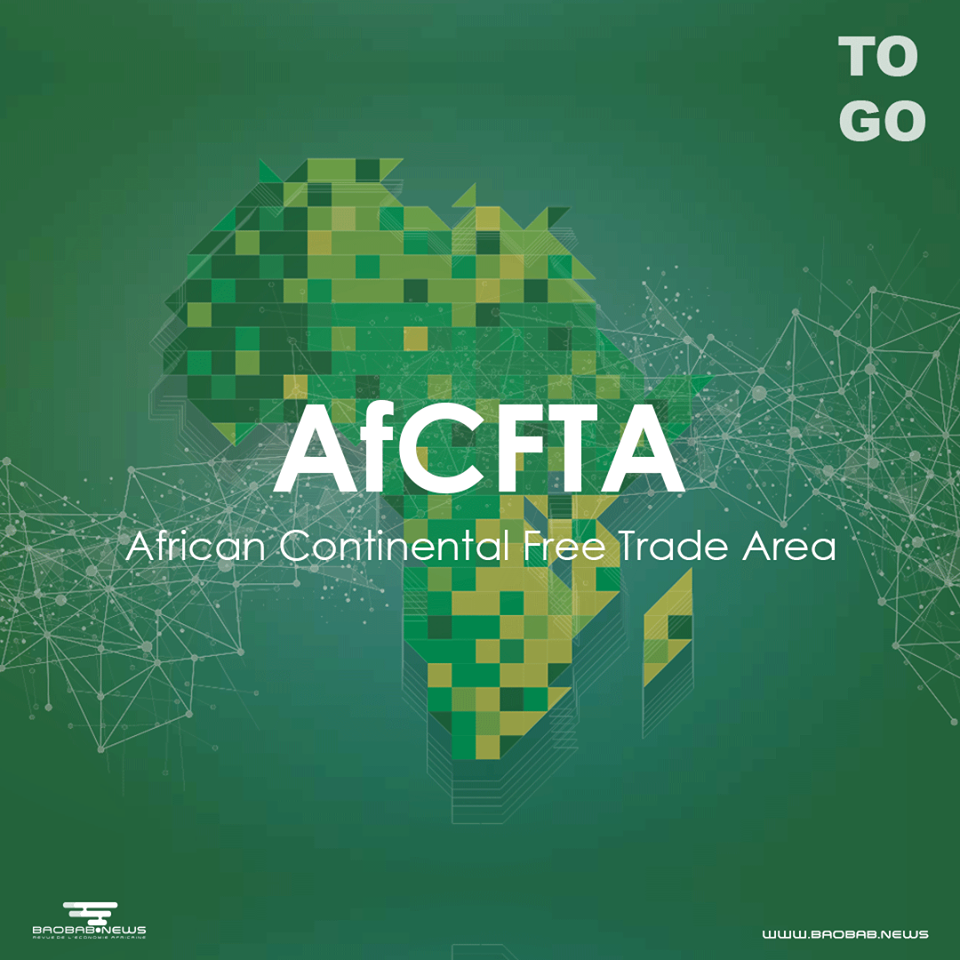
Last year, African leaders launched the African Continental Free Trade Area (AfCFTA), which raises great hopes across the continent. Many hope that this mega-regional agreement will boost intra-African trade and lead to important development gains.
As the legal framework is agreed, African countries will now have to take the next steps to make this agreement a reality on the ground.
Beyond regional dynamics, supporters of free trade zone hope that it will also help strengthen Africa’s place in world trade. In recent years, analysts have increasingly emphasized the role that regional value chains could play in helping African producers better integrate into global markets.
Togo launched last Thursday its national strategy to allow the country to integrate into this complex.
According to the government, this strategy will be an opportunity to identify continental business opportunities and put in place appropriate policies and measures.
In particular, Togo wants to promote agricultural products such as cotton, maize, cassava, yams, rice, soybeans, coffee and cocoa.
According to the authorities, the continental agreement includes access to a regional market for products made in Togo, improved conditions for creating regional value chains and integration into the global economic system.
Another advantage is that consumers will have a wider choice of products and more attractive prices because imported from Africa via a short cycle.
AfCFTA is a 60% increase in intra-African trade by 2022, according to the EU,
The African Union estimates that its implementation will increase by nearly 60% by 2022 intra-African trade.
Keywords : Africa, News, Economy, Togo, AfCFTA, Trade
Redaction
Baobab News
© Credits Graphics : Baobab News



